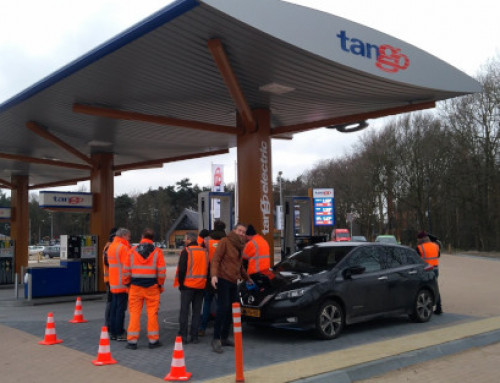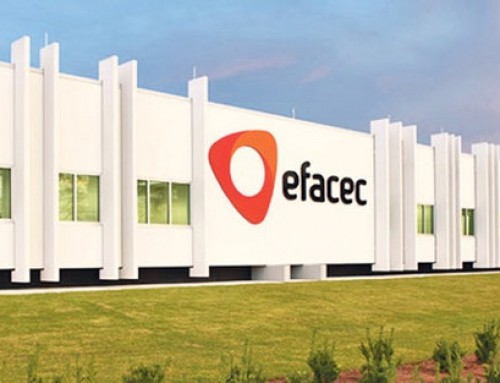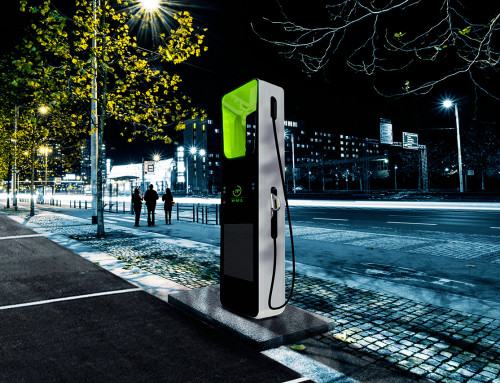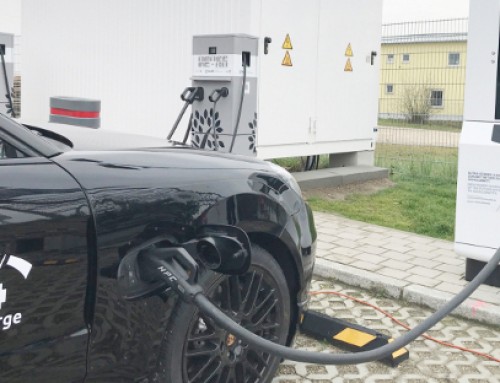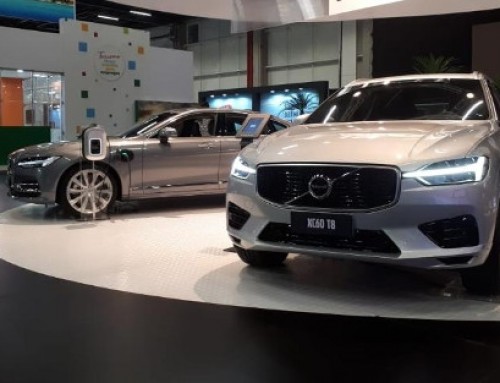Project Description
‘Plug and charge’ pilot project to launch in France in 2020
Charging-platform provider Virta, charge-point provider Efacec, the Departmental Energy Association of Yonne (SDEY) and Hubject will launch a ‘plug and charge’ pilot project in France in early 2020.
‘Plug and charge’ (P&C) solutions rely on the ISO 15118 standard for communication between electric vehicles (EVs) and the grid using digital certificates. Once the car is plugged in, the charger receives encrypted data from the car and the payment processing is handled in the background. The solution means EV drivers no longer require an RFID card or smartphone app to gain access to public charging stations.
SDEY will initially install six Efacec HV160 P&C-compatible charging stations in the Yonne region of France. The charging stations will be connected to the Hubject network via the Virta platform, like the rest of the SDEY charging network. Virta is already well-established in France and will be the first charging platform to implement the new P&C technology in the French market.
‘In Yonne, we believe in innovation to promote sustainable mobility and in European cooperation. We are constantly looking for innovative, user-friendly and secure models that improve the use of electric vehicles. We are happy to collaborate once again with high-class international partners and with this project we are upgrading our charging infrastructure to a new level,’ says Jean-Noël Loury, president of SDEY.
‘Efacec is very pleased to contribute to the development of electric mobility in France.’ says Duarte Ferreira, Global Business Development Director, adding that “Projects like plug and charge allow us to continue providing our products and know-how to make sustainable mobility a reality in Europe.’
Christian Hahn, CEO of Hubject comments that ‘We are extremely pleased to be part of this end-to-end test, which aims at jointly boosting the future of electric mobility. France is a market where we have always been investing a lot and we are proud to be an innovation accelerator here with our plug and charge ecosystem.’
Allan Ahlgren, Vice President of Sales at Virta, comments: ‘As Virta has a long tradition of doing business in France, we are especially delighted that this pilot project will take place in Yonne. Traditionally, Virta has been in the front line with new developments and also now we want to be among the first ones implementing new technologies into the user phase. Virta is very pleased to be able to start the pilot with a group where all participants are world leaders in the field of EV car charging.’
Additional measure
The added convenience of the ‘plug and charge’ solution will be a welcome additional measure to push EV sales as France strives to become the ‘number-one green economy,’ according to the country’s Energy Minister and veteran climate activist Nicolas Hulot. President Emmanuel Macron is especially looking to promote EVs and aims for the last car with an internal combustion engine (ICE) to be sold in France in 2040.
The state plans to create a vehicle charging infrastructure to match its ambitious targets. France ranks third in Europe as far as the number of charging stations is concerned, behind Germany and the Netherlands. Autovista Group calculates that France is ahead of Germany in terms of charging density, i.e. charging points per 1,000 of population, with 380 charging points per million population compared to 343. However, France still only ranks sixth for charging network density – behind Norway, the Netherlands, Sweden, Switzerland and Austria.
France is also planning for its cities to introduce congestion pricing in a bid to reduce traffic jams and air pollution. This allows cities to introduce tolls and set limits on how much they can charge. For example, the City Council of Strasbourg has approved the implementation of a progressive schedule that will culminate in a total ban of diesel vehicles from 2025.
In another initiative, Germany’s Economics Minister Peter Altmaier and his French counterpart Bruno Le Maire recently announced details of a Franco-German battery-cell consortium at a joint press conference after a meeting of the German-French Economic and Financial Council in Paris. The foundation stone for a pilot plant in the Nouvelle-Aquitaine region in the southwest of France will be laid before the end of 2019.
See more:



